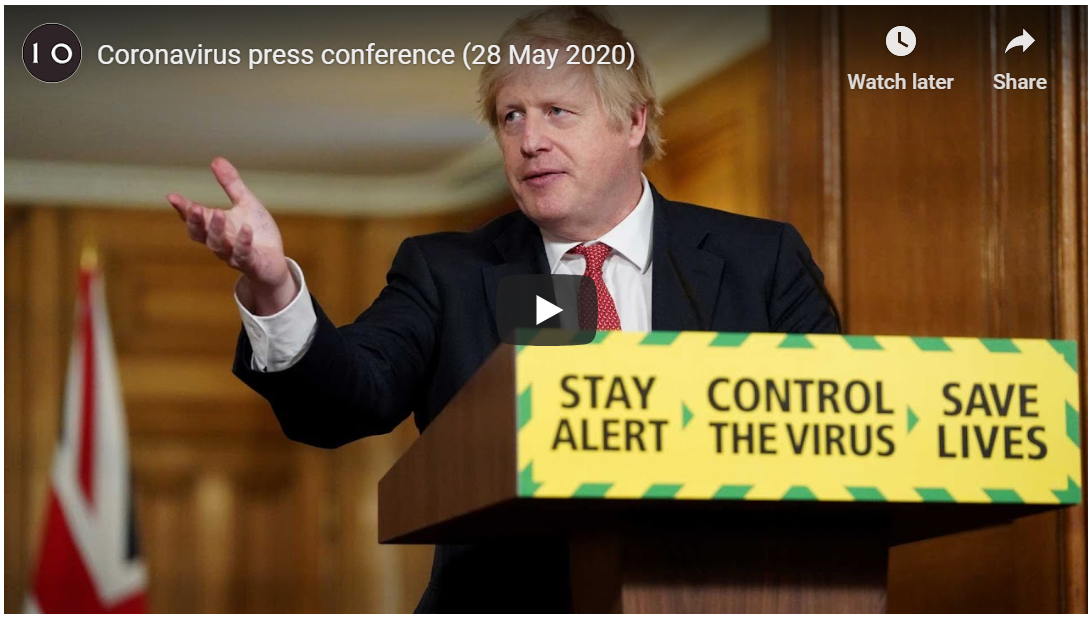What is behavioural economics, and what does it have to do with development?
In the latest Development Drums podcast, I discuss this with Varun Gauri, who was co-editor of the recent World Development Report, Mind Society and Behaviour, one of the most accessible and widely-read World Development Reports of recent years.
According to Dr Gauri, economists recognise that many resources are scarce (labour, capital, land etc) but fail to acknowledge that cognition is also scarce. And because of this, people routinely make decisions which are bad for them.
Dr Gauri argues that these problems affect people living in poverty at least as much as everyone else, and probably more. The poor do not have access to systems which simplify decision making (e.g. automatic payroll deductions) and the effects of bad decisions can be disproportionate.
In the podcast we discuss the implications for development cooperation. Dr Gauri argues that there are implications for improved service delivery, for international negotiations, and perhaps for a range of other policies. He also points out that these biases affect the staff of development agencies as much as they do everyone else. He rejects my suggestion that the issues raised by behavioural economics are less important to development than the issues addressed by conventional economics.
You can listen to the podcast on the Development Drums website, on iTunes, on Stitcher, or wherever you find good podcasts. And, of course, it is free.
Apparently podcasts are undergoing a renaissance – so if you have never listened to a podcast before, perhaps you should give it a go.




2 Comments
Behavioural economics meets development economics [podcast] – Owen abroad » Blog | Public Sector Blogs · May 3, 2015 at 8:44 pm
[…] Original source – Owen abroad » Blog […]
Links 9.5.15 | Science.xcuz.me · May 9, 2015 at 12:46 pm
[…] 5. Behavioural economics meets development economics [podcast] […]
Comments are closed.